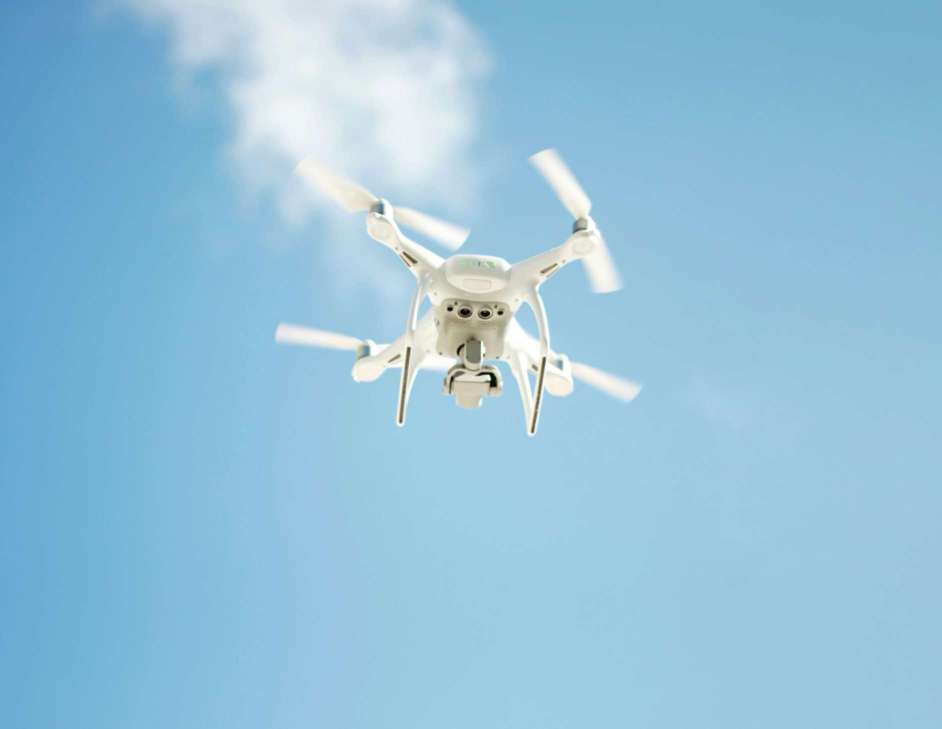The Rise of Voice Assistants: How AI-Powered Devices Are Reshaping Daily Life
7 min read
07 Aug 2024
Welcome to the era of Voice Assistants, where Artificial Intelligence (AI) seamlessly integrates into our daily lives, transforming how we interact with technology. From smartphones and smart speakers to cars and appliances, AI-powered devices equipped with voice assistants are becoming ubiquitous, revolutionizing everything from communication and entertainment to productivity and convenience. In this article, we'll explore the rise of voice assistants and their profound impact on daily life.
Understanding Voice Assistants
Voice Assistants are AI-powered software applications that interpret and respond to spoken commands and queries. Leveraging Natural Language Processing (NLP) and Machine Learning algorithms, voice assistants understand human speech, recognize user intent, and perform tasks or provide information accordingly.

Practical Applications of Voice Assistants
Voice Assistants have practical applications across various domains, including: 1. Home Automation: Voice-controlled smart home devices enable users to control lights, thermostats, locks, and appliances with simple voice commands, enhancing convenience and energy efficiency. 2. Information Retrieval: Voice assistants provide instant access to a wealth of information, from weather forecasts and news updates to recipe instructions and trivia questions, empowering users with knowledge and insights on demand. 3. Task Automation: Voice assistants streamline daily tasks and routines, such as setting reminders, managing calendars, making shopping lists, and sending messages, freeing users from mundane chores and improving productivity.
Impact on Daily Life
Voice assistants are reshaping daily life in profound ways, including: 1. Accessibility: Voice interfaces make technology more accessible to individuals with disabilities or limited mobility, enabling hands-free interaction and greater independence. 2. Personalization: Voice assistants learn user preferences and behaviors over time, delivering personalized recommendations, reminders, and experiences tailored to individual needs and preferences. 3. Integration: Voice assistants seamlessly integrate with other smart devices and services, creating connected ecosystems that synchronize data, settings, and experiences across multiple platforms and environments.
Challenges and Considerations
While voice assistants offer numerous benefits, they also raise challenges such as: 1. Privacy: Voice assistants raise concerns about user privacy and data security, as they constantly listen for wake words and may inadvertently record sensitive information. 2. Accuracy: Voice recognition technology could be better and may need help understanding accents, dialects, or complex commands, leading to frustration and errors in interpretation. 3. Trust: Building trust and transparency around voice assistant capabilities, data usage policies, and ethical considerations is essential for fostering user confidence and adoption.
The Future of Voice Assistants
As voice assistant technology continues to evolve, the future holds exciting possibilities for: 1. Natural Language Understanding: Advancements in NLP and AI algorithms will enable voice assistants to understand context, intent, and emotions better, facilitating more natural and conversational interactions. 2. Multimodal Interfaces: Voice assistants will integrate with other input modalities, such as gesture recognition and augmented reality, to create immersive and intuitive user experiences across diverse devices and environments. 3. Ambient Computing: Voice assistants will evolve towards ambient computing, where AI seamlessly anticipates and fulfills user needs and preferences without explicit commands, creating frictionless and proactive experiences.
Conclusion
In conclusion, the rise of voice assistants powered by AI is revolutionizing daily life, enabling seamless interaction with technology and enhancing convenience, accessibility, and personalization. As voice assistant technology continues to advance, it will play an increasingly integral role in shaping the future of human-computer interaction and the digital ecosystem.
More Articles

AI in Customer Service: Chatbots and Virtual Assistants
7 min read | 27 May 2024

The Role of Tech in Financial Inclusion: Reaching the Unbanked
5 min read | 26 May 2024

Artificial Intelligence in Sports: Enhancing Performance and Fan Engagement
7 min read | 25 May 2024

The Intersection of Technology and Fashion: Wearable Tech Trends
5 min read | 24 May 2024
More Articles




